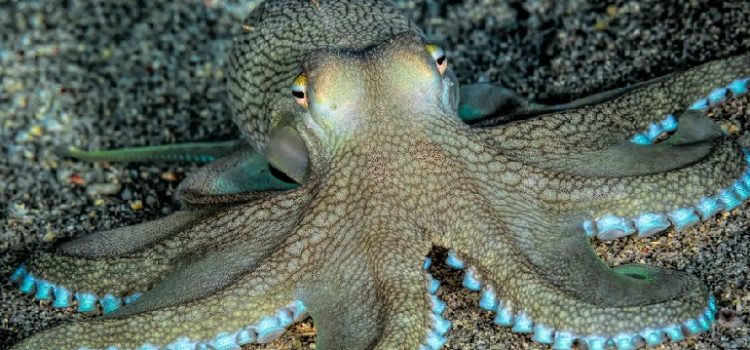
This article targets readers interested in the genetic uniqueness of octopuses and squids, particularly their RNA editing capabilities. It aims to provide insights into how these marine creatures modify their genetic information, the potential implications for science and medicine, and the broader understanding of genetic evolution.
Introduction:
Beneath the waves of our oceans lie marvels that stretch the boundaries of genetic understanding. In the depths, octopuses and squids—the cephalopods—harbor not only enigmatic intelligence but also genetic innovation that challenges the very core of our biological knowledge. As we dive into this article, we will unravel the astonishing RNA editing skills that set these creatures apart and potentially redefine our perspectives on genetics.
Genetic Oddities of the Deep: Introducing the Cephalopods
Cephalopods, the tentacled wonders of the ocean, have captured our fascination for centuries. Their remarkable adaptations, such as camouflage, problem-solving abilities, and complex behaviors, have baffled researchers. Now, a new layer of their uniqueness is emerging from the genetic realm, one that sheds light on their incredible adaptability.
A Twist in the Genetic Tale: RNA Editing Unveiled
Traditionally, genetic information is considered a fixed blueprint, encoded in the DNA. However, octopuses and squids possess an astonishing ability known as RNA editing. After the genetic code is transcribed into RNA, these creatures can modify it before it’s translated into proteins. This level of genetic agility challenges the dogma of genetic immutability.

Unraveling the Mechanisms: How RNA Editing Works
The mechanics behind cephalopod RNA editing are intricate and fascinating. The spotlight falls on ADARs—enzymes responsible for identifying specific RNA sequences to be edited. This dynamic process allows these creatures to adapt their genetic information in response to changing environments. Whether adjusting to temperature variations or countering infections, RNA editing offers a repertoire of genetic responses.
Beyond the Deep: Implications for Science and Medicine
The cephalopod’s ability to edit RNA isn’t confined to the sea—it resonates with broader implications. Scientists and medical researchers are intrigued by the potential applications of RNA editing in cephalopods for understanding human health. Insights into neurological disorders, immune responses, and genetic adaptation could inspire novel therapeutic avenues.
Conclusion:
The tentacles of genetic innovation reach far beyond the ocean depths, as cephalopods illuminate the potential of RNA editing. Octopuses and squids challenge our conventional understanding of genetics, inviting us to explore the possibilities of genetic adaptability in ways we never imagined. From the deep sea to medical frontiers, the lessons these remarkable creatures offer are both profound and inspiring. As we peer into their world, we glimpse a genetic tapestry woven by the tentacles of evolution and shaped by the currents of innovation.










